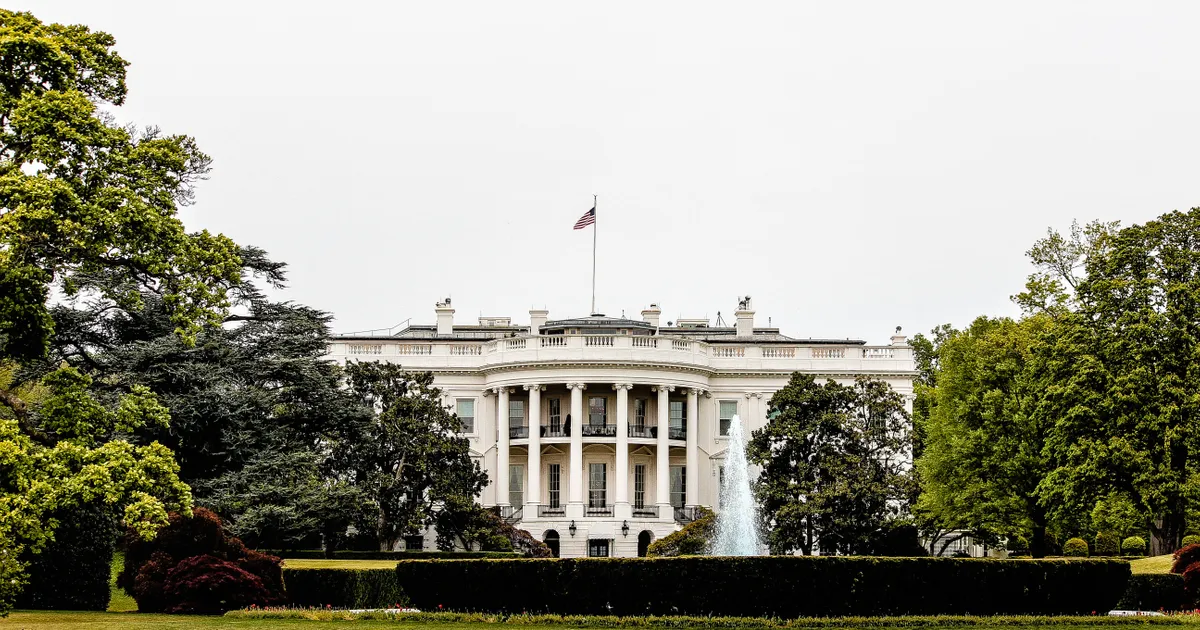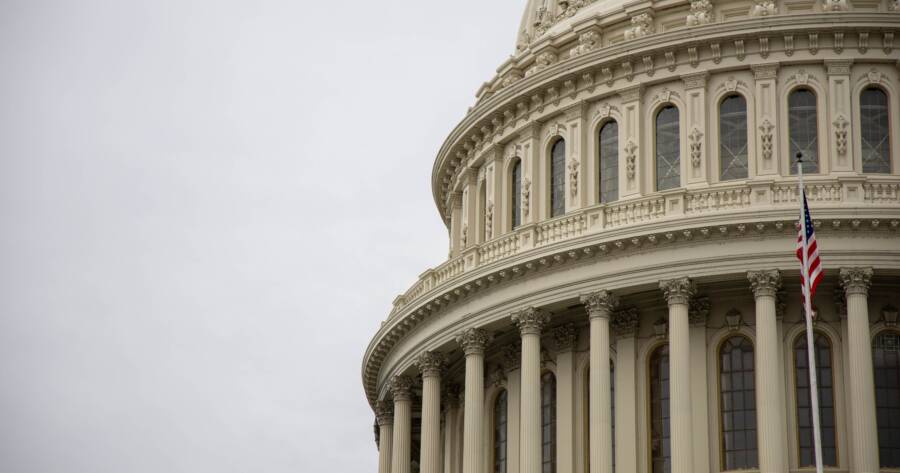Campaign finance laws limit who can donate and how donations are handled. Discover what candidates and supporters need to know about political donations.
Political campaigns in the United States require funding, and donations from supporters help pay for the expenses involved. In 2016, the total amount raised and spent on federal political campaigns, including the presidential election, Senate races and House races, was $6.5 billion dollars.
Congress writes the laws that govern how federal campaigns, such as presidential and Congressional campaigns, can be funded and who can donate, and the Federal Election Commission (FEC) enforces those laws. Local and state races are governed by individual state laws. Only American citizens or green card holders can donate to political campaigns in the United States, so foreign nationals are prohibited from donating.
Individual Political Donations
Individual citizens can donate directly to the political candidate of their choice or to the national party as a whole. The FEC sets limits on how much each person can donate. In the 2019-2020 campaign cycle, individuals could donate up to $2,800 to each candidate and up to $35,000 to the national party.
 Hunters Race/Unsplash
Hunters Race/UnsplashPolitical Action Committees
Political action committees, commonly referred to as PACs, are private groups that donate large amounts of $1,000 or more to a political candidate or party. Individual donors can give up to $5,000 to a PAC in a given year, and PACs could donate up to $5,000 per race to a candidate and up to $15,000 to a political party per year during the 2019-2020 election cycle. Primary and general races are considered different races, so a PAC can donate to a candidate during the primaries and again during the general election. PACs can also spend money on ads or other promotion of a candidate as long as they don’t coordinate with the campaign itself. If a PAC makes an ad, they have to add a disclaimer stating that the PAC paid for it.
There are a few different types of PACS with different organizational structures and guidelines.
Connected PACs
Non-Connected PACs
Leadership PACs
SuperPACs
 René DeAnda/Unsplash
René DeAnda/UnsplashNonprofit Organizations Donating to Political Campaigns
Nonprofit groups focused on a specific issue can donate to political campaigns or spend money on independent promotions that don’t benefit the campaign directly. Many of these groups donate to local and regional campaigns. There are two main types of nonprofit organizations that help finance political campaigns.
527 Groups
These organizations are after the section of the IRS tax code governing their operation. They often spend money on things not directly tied to a specific campaign, such as voter registration and advocating for a specific issue.
501(c) Organizations
A nonprofit 501(c) organization is typically focused on a single specific issue and may spend money to support candidates who support their position, though they cannot donate directly to candidates or parties. 501(c) groups can include labor unions, chambers of commerce and social organizations. Some notable 501(c) organizations that get involved in political campaign finance include the National Rifle Association (NRA), Planned Parenthood and the American Civil Liberties Union.
Self-Financing a Political Campaign
While individuals are limited in how much they can contribute to a candidate or party, there’s no limit on how much someone can spend on their own campaign. Wealthy people running for office can spend as much of their own money as they want. Millionaires and billionaires sometimes use self-funding as the primary source of money for their campaigns.
 Sharon McCutcheon/Unsplash
Sharon McCutcheon/UnsplashLoopholes in Campaign Finance
The rules governing campaign finance and political donations can get complicated, and wealthy donors sometimes use loopholes to skirt FEC regulations limiting how much they can donate. Donations to SuperPACs and nonprofits that support a specific issue have fewer limitations, so these are sometimes used to boost a candidate’s chances without going over the individual contribution limit.
Bundling, which involves gathering contributions from a group of people and donating the money all at once to promote a special interest or gain access to a candidate, is another strategy donors use to skirt campaign finance regulations.
Campaign finance is often controversial, particularly because there are so many guidelines and loopholes involved. Major court cases, such as the Citizens United case heard in the Supreme Court in 2008, have set specific guidelines on political campaign funding. This case was what allowed political organizations to spend unlimited amounts on independent expenditures not coordinated with a specific campaign, so it directly led to the existence of SuperPACs. Overturning Citizens United has been a campaign issue during some national elections, with various candidates coming out specifically for or against the ruling.






